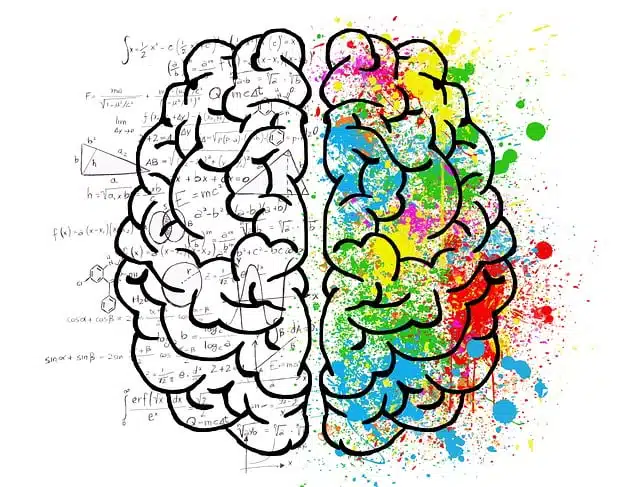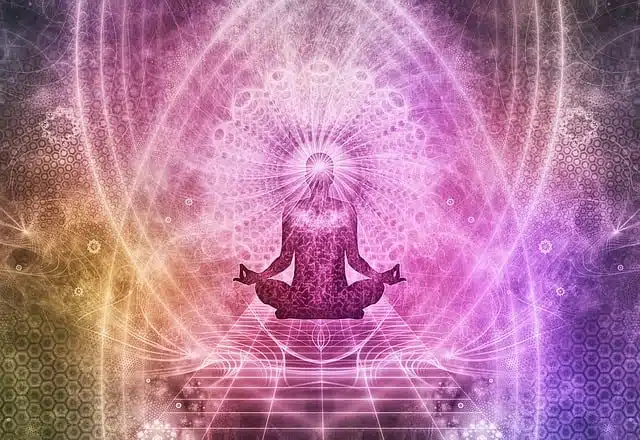
Self-knowledge is the knowledge of oneself.
The notion of self-knowledge is not part of the dictionary of the Royal Spanish Academy ( RAE ). However, we can know what it refers to if we analyze the components of the term.
Self- is a compositional element that refers to what is one's own or is carried out by oneself . The idea of knowledge , meanwhile, refers to understanding , perception or discovery .
As can be seen, self-knowledge is the knowledge that a person has of himself . Thanks to self-knowledge, a subject manages to differentiate himself from the rest of the people and his environment, recognizing himself as an individual .
Importance of self-knowledge
Self-knowledge begins in childhood. In the first stage, children begin to explore their body. Then the process begins to advance and the human being becomes aware of himself in other deeper aspects, which transcend the body.
According to psychologists, self-knowledge is key to well-being and emotional health . It is essential to know yourself to be aware of what you want and thus focus on achieving it.
When a person knows themselves, they set realistic goals and plan to achieve them. In this way, self-knowledge contributes to personal development and helps to be happy .

There are different resources that can contribute to self-knowledge.
How to develop it
Coaching and mindfulness are two resources and practices that promote self-knowledge. It is important to mention that, for psychology , those who have self-knowledge usually feel at peace and are less frustrated.
Self-knowledge, in short, allows each person to answer the existential question "Who am I?" . In this process it is necessary to connect with oneself and pay attention to emotions and feelings .
Self-knowledge and happiness
The concept of happiness is mentioned very frequently when talking about self-knowledge, precisely because it is one of the most important points. However, it is necessary to clarify that when one undertakes this path that aims to know oneself better, one must also redefine what one understands as happiness. For example, stop believing that it is something that is found on the outside, whether it is material pleasures or professional achievements, everything that others can see in some way.
The true meaning of happiness is related to well-being , something so personal that only one can know how to achieve it and that one should focus on maintaining it as much as possible. Self-knowledge helps us overcome suffering and not lose sight of true happiness.
mental model
Another of the pillars of self-knowledge is our own mental model , which can be defined as the structure of our psychology. This kind of skeleton comes with us from birth, and it is there where thoughts arise and values, beliefs, aspirations and priorities are housed, something that together we know as personality . It is also essential to know this part of us to know how we interpret the reality that surrounds us and obtain our inevitably subjective view of it.
This is related to the reprogramming of our own mind : thanks to the understanding of the mental model we can take the exact steps to achieve our goals. This is necessary to improve our strategies when faced with life's obstacles, but also to make better use of our own energy in the pursuit of our goals.
For all this we need to learn to take advantage of our vital energy , and this means both recovering it and not wasting it. We are the only species that must learn to do this, because we are also the only one that has forgotten it: it is enough to eat well, be in contact with nature, enjoy the silence, reflect and do physical exercise. If we detect any habit that leads us to waste it, then we must eliminate it or replace it with a healthy one.
